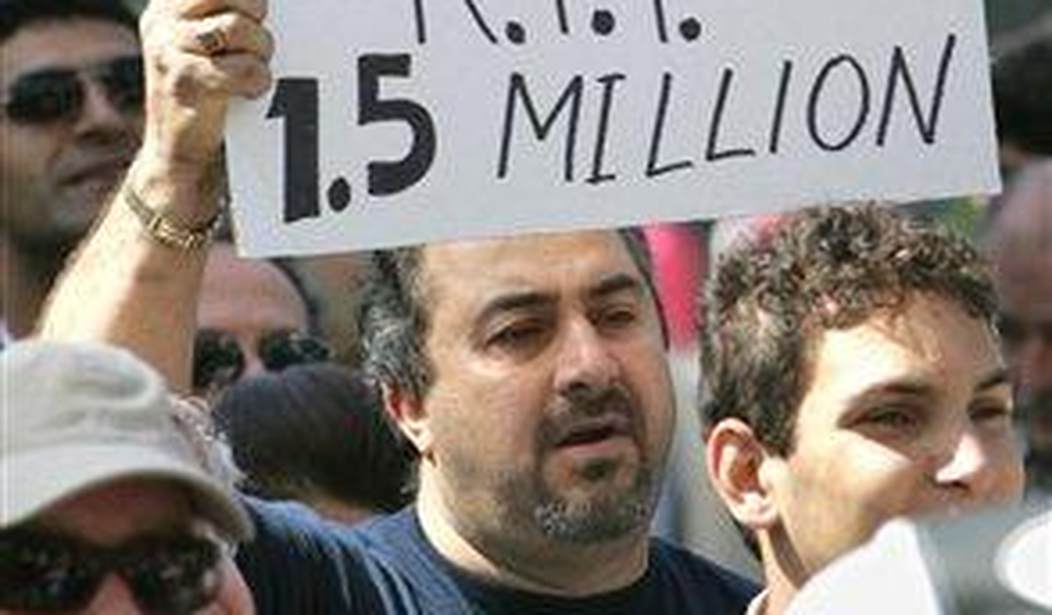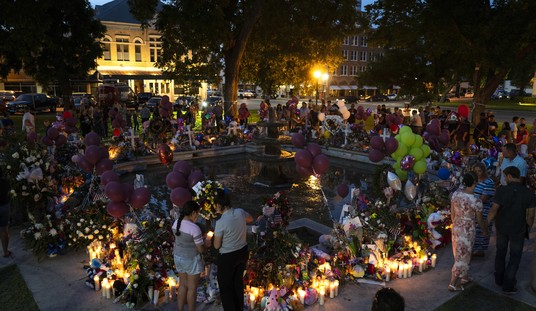Genocide is one of those phrases that gets thrown around way too often these days. Anytime a group of people feels targeted, someone is going to scream it, even if it’s not remotely accurate.
To understand it, we need to remember that the term refers to a deliberate attempt to exterminate an ethnic group.
Think the Nazis and the Jews as an example–though the Nazis also wanted to exterminate the Romani people as well, so not just the Jews–but that’s far from the only example of genocide.
Armenians know this fact well.
Over at Ammoland, they’ve got a post about gun control and the Armenian genocide.
How many people would be free and alive today were it not for the legacy of gun control?
Conversations about gun control tend to deal with abstract future forecasts. It’s good pro-gun advocates are concerned about personal freedom, burdensome regulations, or punitive punishments, but…
It’s important to remember that millions of real people and their descendants would be alive today were it not for gun control paving the way for tyrannical regimes.
We often forget the human cost behind those statistics. I will never forget because entire branches of my family were wiped out due to gun control.
Both sides of my family are Armenian – which is an ethnic group from the Caucasus mountains who have lived there for over three thousand years. However, for about the last 600 years, they have lived under the shadow of the Turks. In the time of the Ottoman Empire, they treated my ancestors as second-class citizens – forcing them to pay special taxes and endure cruel humiliations. This discrimination, fostered for hundreds of years, helped paved the way for the event known as the Armenian Genocide.
But because it was a genocide, it was more than random killings or acts of terror. This was state-orchestrated through laws enacted by the government.
Although there were many cases of persecution by the state and other ethnic groups, the Armenians had a warrior culture and kept themselves armed with the weapons of the time. They knew danger was always present, and they knew how to fight. However, when the sultan of the Ottoman Empire fell and was replaced with the Young Turk regime, the Armenians were promised freedom and equality. They received neither.
Honestly, go read the whole piece.
It started with basic gun control that didn’t seem to target the Armenians. Yet enforcement was a different matter, much like how Southern gun control targeted the black gun owners but didn’t specify it explicitly. It did so through enforcement.
In time, the Armenians were disarmed and that made it possible for the Turkish government to systematically try to exterminate them as a population.
The truth of the matter is that the author’s contention that many people would be alive today were it not for gun control isn’t really a point of contention. We simply cannot know how many, in part because we can’t be sure the Ottoman Empire wouldn’t have tried the genocide without the gun control, in which case some would have died resisting that genocide.
If you want to wipe out an entire population, you cannot let them have arms. It’s just that simple.
Some claim white people tried to commit genocide against the Native Americans. I’m not quite sure I agree that the mistreatment of the American Indians quite reaches that level–it was pretty bad, but was there an attempt to actually exterminate them?–but if so, it failed and likely failed because it wasn’t a disarmed population.
All around the world, we see humans visit horrors on other humans. We, as a species, are capable of some truly awful things.
Yet where the population is armed, such things are far, far less likely.
I’m not about to pretend that there aren’t problems associated with freedom. Not the freedom to keep and bear arms or any other freedom you care to mention.
But when you look at something like genocide, it’s not hard to decide I’d rather have our current problems as opposed to some of the possibilities.







Join the conversation as a VIP Member